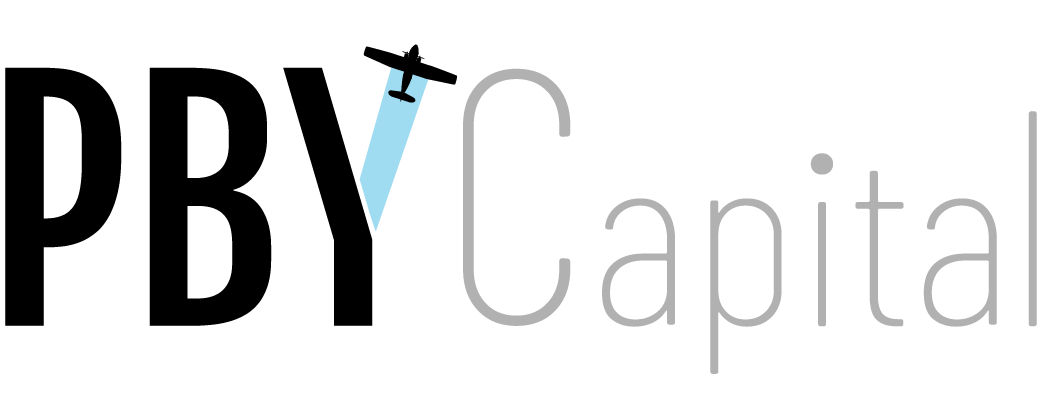Great inheritance equalizer for business-owning families: life insurance
What happens in estate planning if your primary asset is illiquid, i.e., a business? Insurance to the rescue

Article content
When sharing an inheritance with your beneficiaries, aiming for an equitable division of assets can be difficult. But it’s even tougher when your family’s most significant asset is illiquid. A good example is the family business, but you might also have art, the family cottage, collectibles and even stocks.
That’s where a life insurance policy can help. Such a policy pays out a tax-free lump sum of money to the beneficiaries. This, says Jason Heath, a fee-only financial planner at Objective Financial Partners in Toronto, can be used to equalize an inheritance without putting the business at risk.
For example, for personal assets such as the family cottage, the person who wants it can receive it while the other family members are paid a fair-market value through a life insurance policy, tax-free.
Using insurance in estate equalization with a business
Carrying life insurance can be the most tax-efficient and cost-effective way to equitably split an estate among beneficiaries, says Toronto-based Pierre Ghorbanian, vice-president, advanced markets, at BMO Insurance, who works with businesses to structure these kinds of policies.
“If you’re an illiquid business and you need to pay off certain shareholders or pre-debt equalization, borrowing money can be very costly,” he says.
He points out that money could come from the company’s cash flow, but then you might need to wait for a pay period to end to get access. An insurance policy can provide immediate liquidity, he says, so the estate can fund all of its obligations.
With life insurance, business owners have more freedom of choice in how to allocate their estate to their beneficiaries. They can pass the business on to a child or children who want to run it. The other beneficiaries who are not interested in the business can be paid out with the life insurance benefit at a fair value.
This way, the beneficiaries are gifted equitably and the business can continue operating without stressing revenue because it has the financial breathing room to weather the transition between generations.
How insurance money can be used
Different kinds of life insurance can benefit business owners in different ways. With some policies, the company holds the policy and is the beneficiary. The payout helps the business survive. Personal life insurance can be paid out to designated beneficiaries, especially those who are not interested in inheriting or working in the business.
Insurance money can also be used to pay company debts and buy out shareholders. “Sometimes insurance can be used to buy out a shareholder, which tends to happen with non-family members,” Heath says.
For example, if you run a business with a partner, and one of you dies, the surviving spouse may become a shareholder along with the surviving partner. “That’s not always ideal because the surviving spouse either may not want to be involved or may not be well-versed in the business,” says Heath.
“And the surviving business partner may not want to continue to run the business with them. So sometimes life insurance gives us a way to buy out the surviving shareholder and give cash to the widow or widower for the sale of part of the business.”
Ghorbanian’s clients usually have a holding company that holds the assets and an operating company that manages the day-to-day operations.
“The operating company will have ‘key person’ insurance,” he says. That’s an insurance policy taken out on an essential or key employee. If that person dies or falls critically ill, the business is paid out the tax-free lump sum. That can be used to cover the cost of replacing the person without disrupting revenue. That means the business can continue and be passed on as indicated in the owner’s will.
How much insurance to carry?
When a life insurance policy is purchased on the life of the owner of a business or real estate, the death benefit can be calculated to reflect the amount of coverage that would ideally match the value of the assets.
Heath says it can be difficult to value a business in order to determine the amount of the insurance policy. The value of some businesses, like dry cleaners, is easier to predict based on historical revenues. Others may be a bit harder.
“There are experts out there called chartered business valuators who are often used to value a business in the event somebody were to die,” he says. “But even then, if you’re buying life insurance for the purpose of equalizing your estate, the best you can do is figure out what the business is worth today.”
More from Canadian Family Offices:
- How to transfer wealth to next generation efficiently using trusts
- New spouses invariably upset the inheritance apple cart
- Should you minimize tax by selling your real estate before you die?
While life insurance generally passes tax-free to beneficiaries, there are times when you may have to pay taxes, such as when the beneficiary is a creditor, or not the spouse or partner of the owner.
Apart from a (mostly) tax-free lump sum to either the business or the beneficiary, life insurance provides other advantages as well.
First, it protects against creditors, says Ghorbanian. Provincial legislation protects the death benefit from creditor claims if there is a named beneficiary, as the benefits are considered to be the beneficiary’s property.
Plus, he says, “You have named beneficiaries. It’s not public knowledge, so that creates privacy.” That is attractive to high-net-worth clients.
However you set up your estate, both Heath and Ghorbanian say it’s important to work with a team of experts to structure your policy in the most tax-efficient and equitable way possible.
“For corporate business owners in particular, insurance is a really critical and valuable tool,” says Heath. “A lot of self-employed people have [no insurance] and are very much exposed. So it’s just that much more important for them to review their insurance.”
Please visit here to see information about our standards of journalistic excellence.



